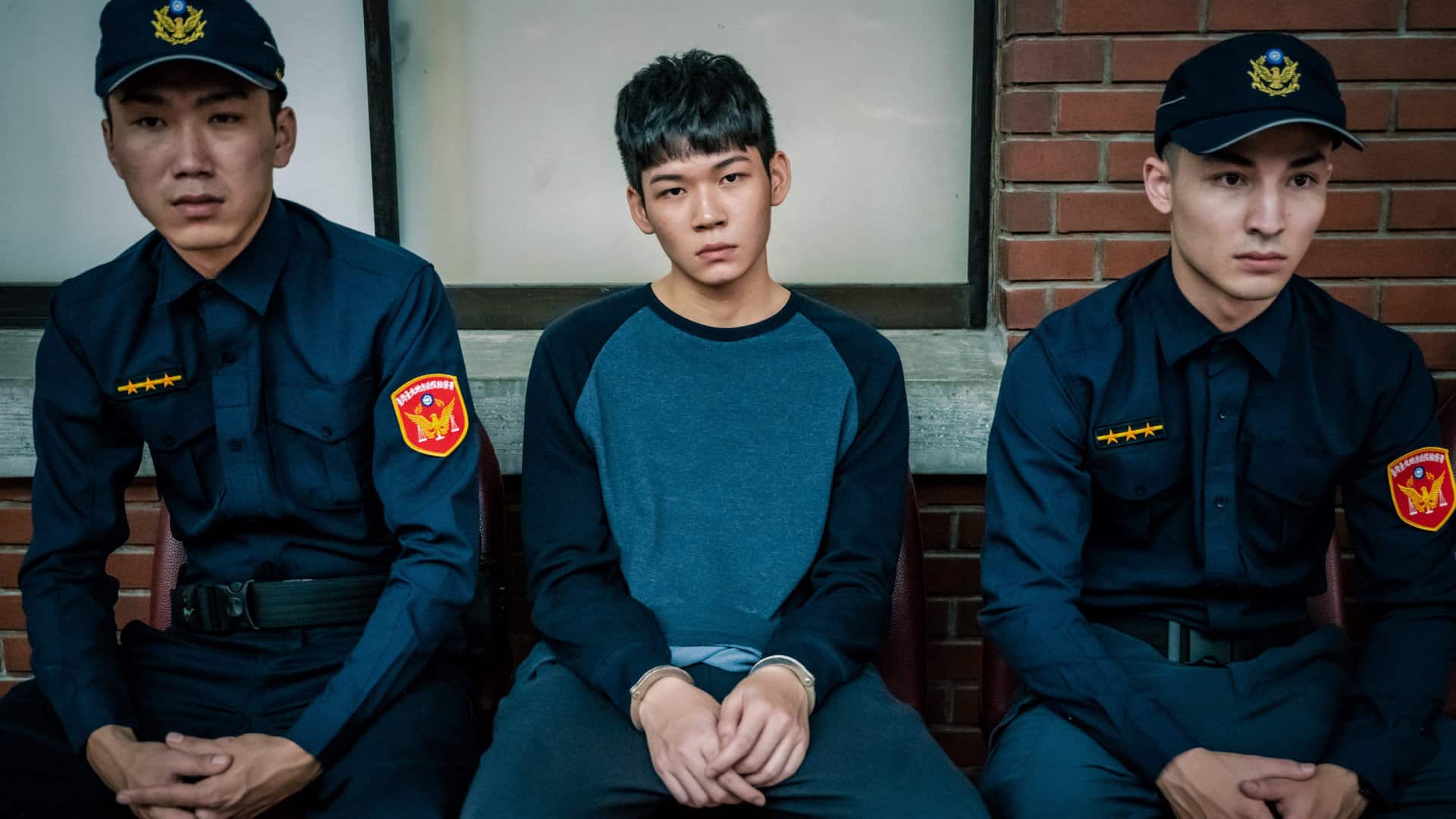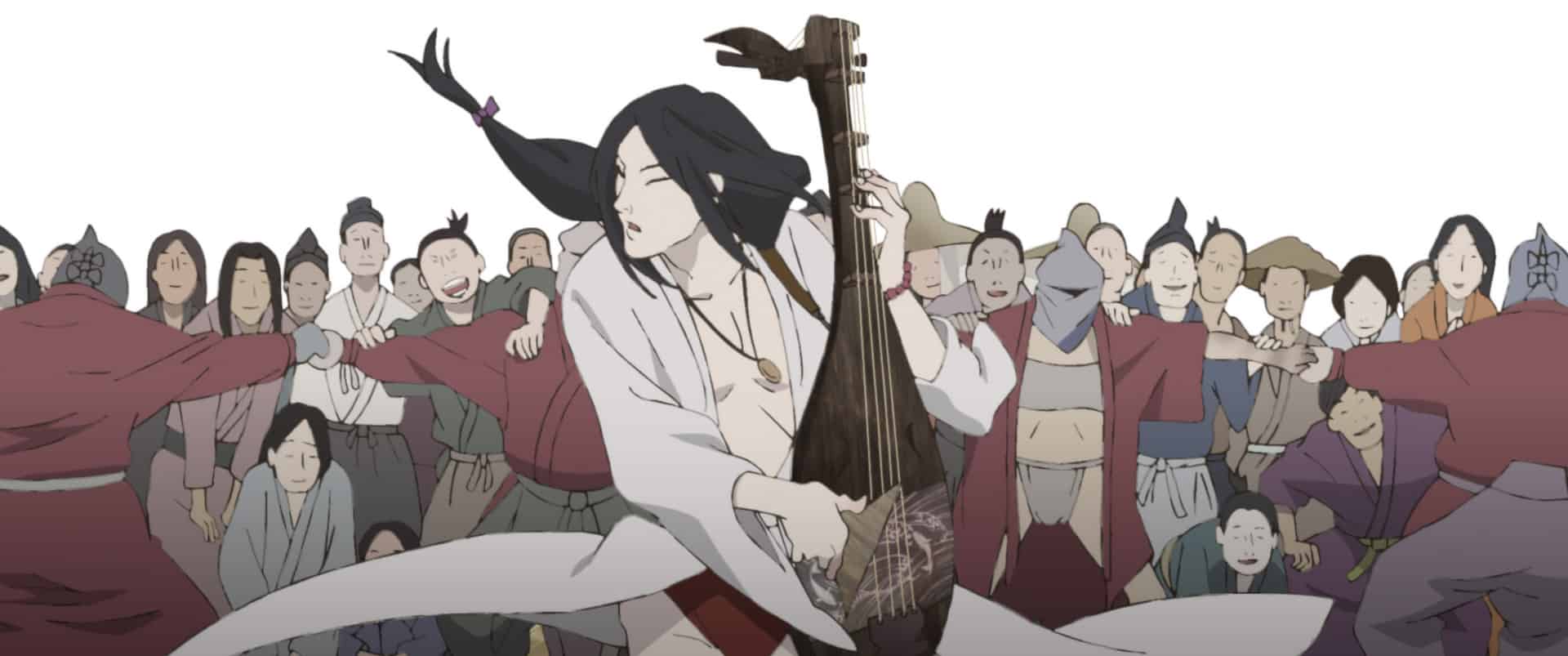Inspired by real life events on newspaper reports on random killings, featuring an ensemble cast of Joseph Huang, Morning Mo, Huang Pei-jia, Devin Pan, Lai Hoa-zhe and Wang Yu-xuan, and winning numerous awards from Taipei Film Festival and Golden Horse, “Goddamned Asura” also became the official Taiwanese submission to the 2022 Oscars, in one of the most hyped local productions of the recent years.
Starting with the phone recording of a young man shooting random people in an open-air market, the film proceeds on introducing the protagonists and the ties and issues that bind them. The shooter is soon revealed to be teenager Jan Wen, who, before the shooting, spends his time playing MMORPG “King's World” and creating a webcomic with his best friend Xing. At the same time, the pressure he feels is quite intense, since his father, whose company is developing a big data app, is sending him to the US to study, disappointed by his failure to pass the exams for a good local college.
Mold is an investigative reporter who is writing a story on urban renewal of a low-income housing complex, and eventually stumbles both upon the aforementioned shooting case and its consequences, and Zero, a young girl who also plays “King's World”, at least when she is not working in a karaoke parlor to support her alcoholic mother, whose income from her food stall is barely enough to cover her addiction. Vita is an executive trying to promote the same video game, while struggling with her relationship with fiance Sheng, a popular King's World livestreamer who works as an urban renewal officer for the city.

The comments Lou Yi-an makes here are quite evident. The current generation is suffering from bad parenting, and the pressure of society to achieve success in a very specific way, which has led them to the virtual world to find solace and some kind of communication/connection. That most of the protagonists, and particularly Jan Wen and Zero, feel trapped due to their familial issues, is one of the central themes here, with the former's night endeavors and almost nihilistic attitude towards the world, and the latter's eventual explosion, highlighting the fact in the most eloquent fashion. Jan Wen's art and the concept of the imprisoned dog also move towards the same direction, this time through symbolism, but the message remains the same.
At the same time, how technology has and continues shaping everyday life, particularly in high-tech environments as that of Taipei, is another comment that permeates the narrative here as all the protagonists seem to have some sort of connection with it. That art, in this kind of setting, seems to have no place, is another remark, as exemplified by Jan Wen's character, essentially adding another notch to the no-way-out sense the youths of the movie feel.
This claustrophobic sense is also eloquently communicated through the excellent cinematography, which makes full use of the crowded setting the protagonists inhabit, while also showcasing the web-oriented environment through bubbly neon colors and some brief, but definitely well done SFX. The overall excellent level of the production is also evident in the quality of the sketches, all of which are truly a treat to the eye.
The way the story unfolds, the characters get connected and the various arcs proceed is a testament to the quality of writing here (which Lou co-wrote with Singing Chen), with Lou retaining an atmosphere that lingers between the social drama and the crime thriller in the best fashion. The acting helps the most in that regard, with the chemistry being evident throughout. Joseph Huang as Jan Wen portrays his boiling up but hidden feelings with elaborateness, while Huang Pei-jia's tomboyishness, cynicism, and constant struggle as Vita is one of the movie's best traits.
At the same time though, the decision to include a ‘what if' segment, actually ends up making an already complicated narrative quite confusing, while extending the duration of the movie to 114 minutes, at least partially unnecessarily. The comments this switching of events present, that anyone can become a criminal under certain circumstances, and that even one decision can change people's lives, are well communicated, but at the same time, end up making the whole thing too ambitious, with this part looking like a forced effort at a happy ending.
“Goddamned Asura” would probably be a better film without the ‘what if'-segment and maybe with fewer side arcs, but as a whole, the sense it leaves is definitely positive, particularly due to the story, the characters, the acting and the overall quality of the production.
















